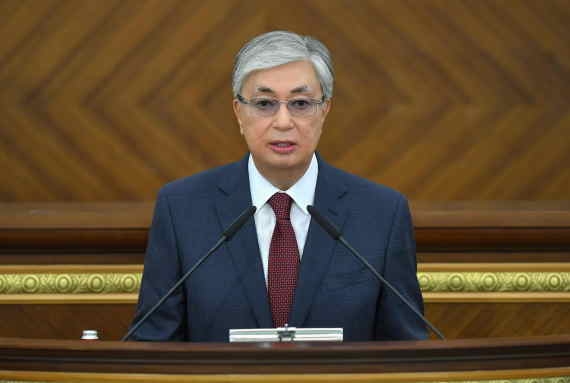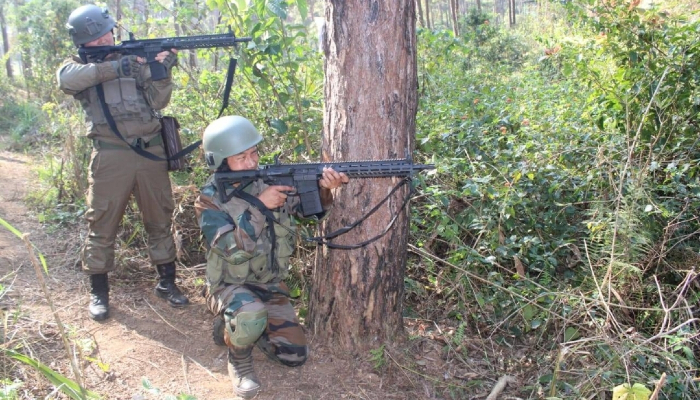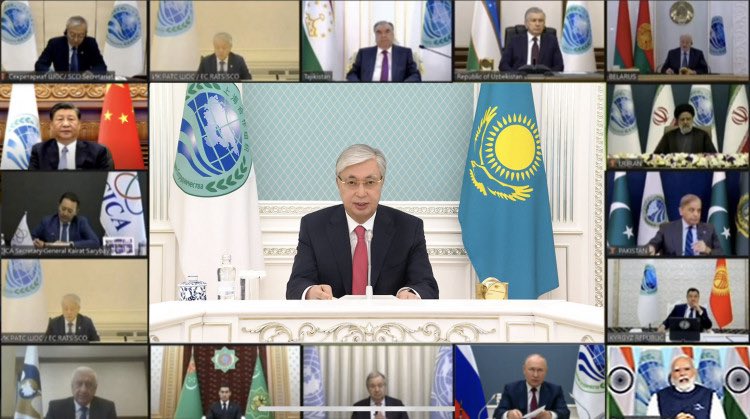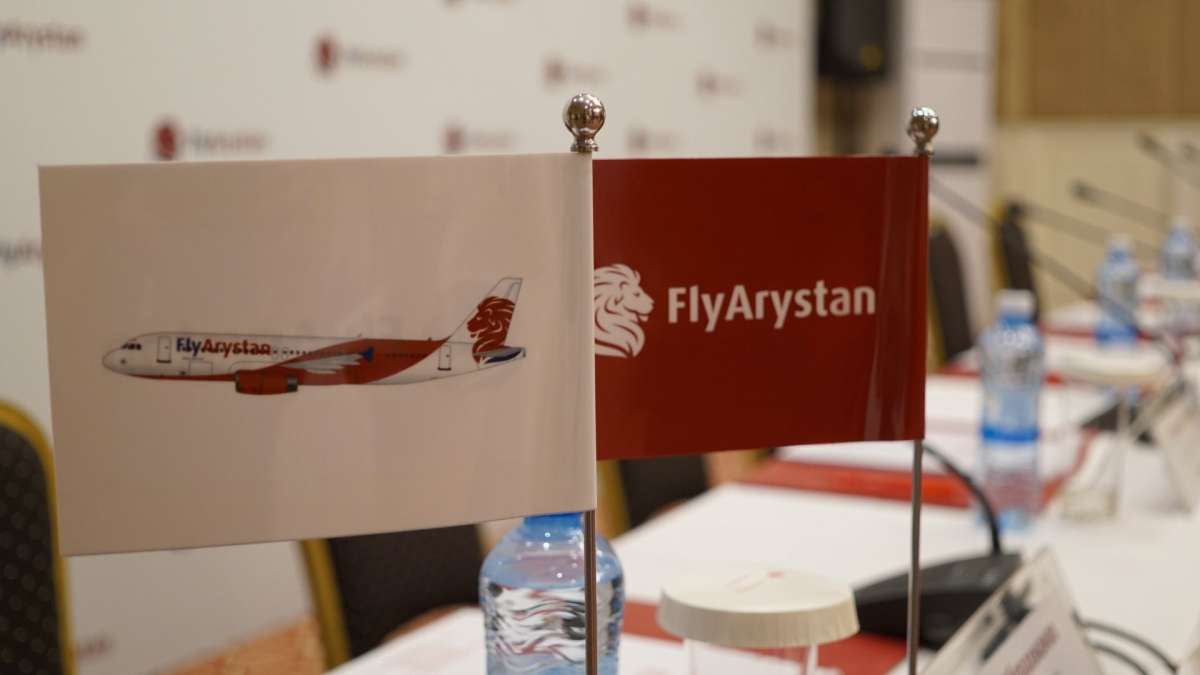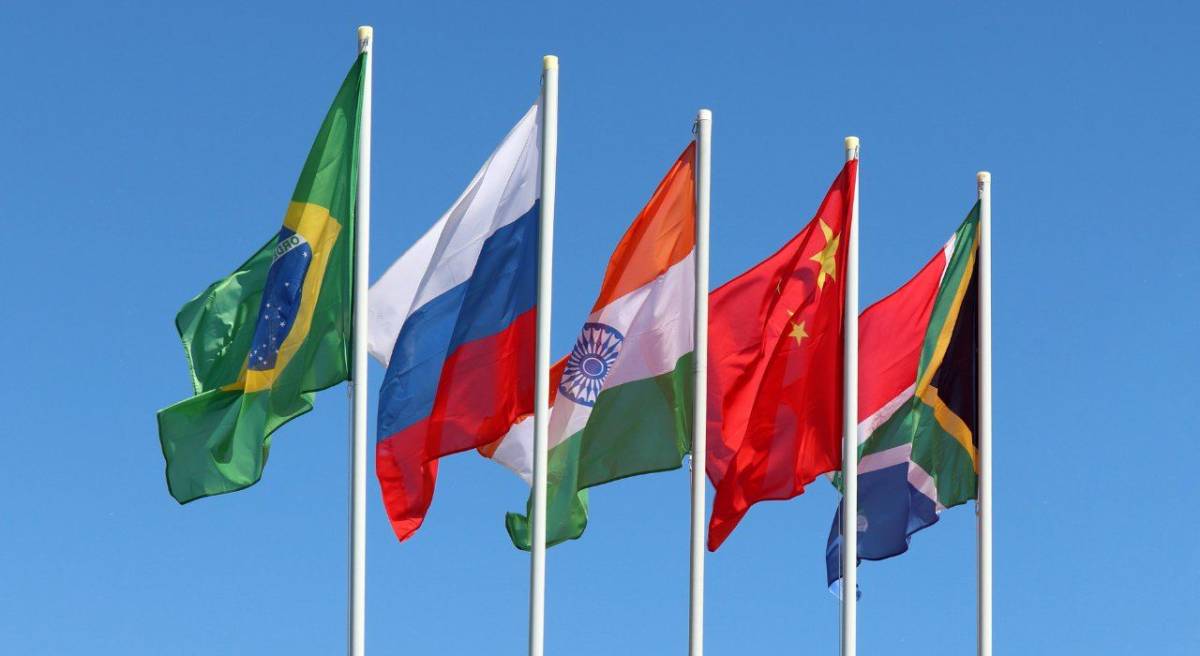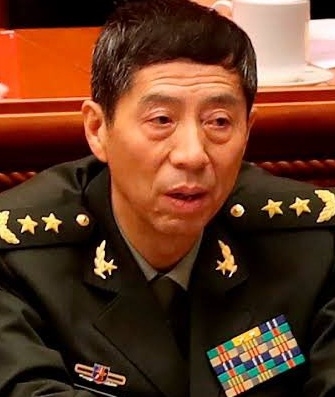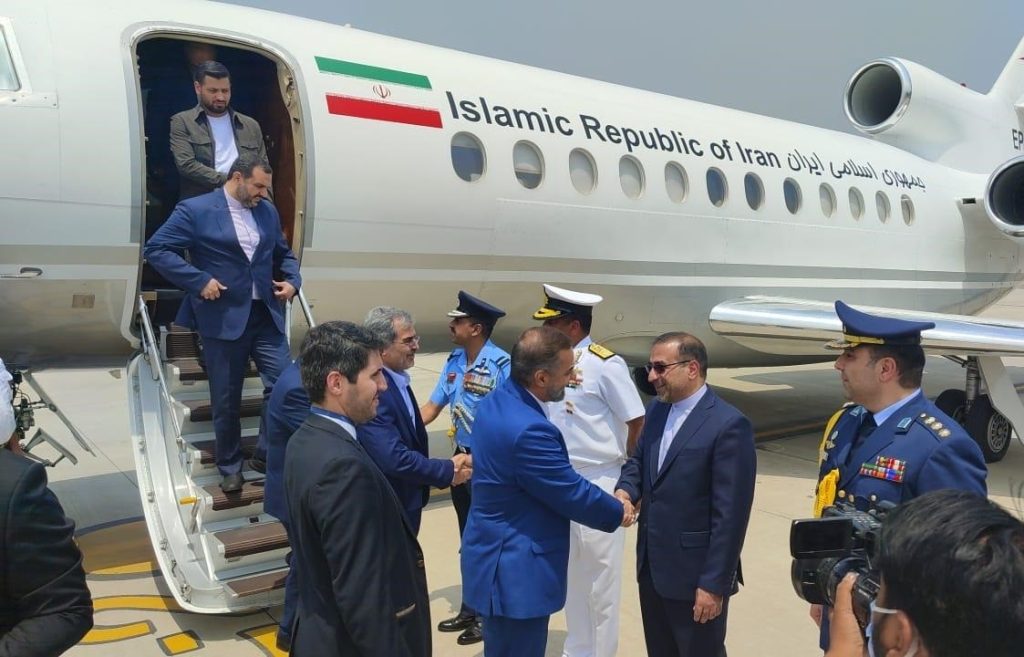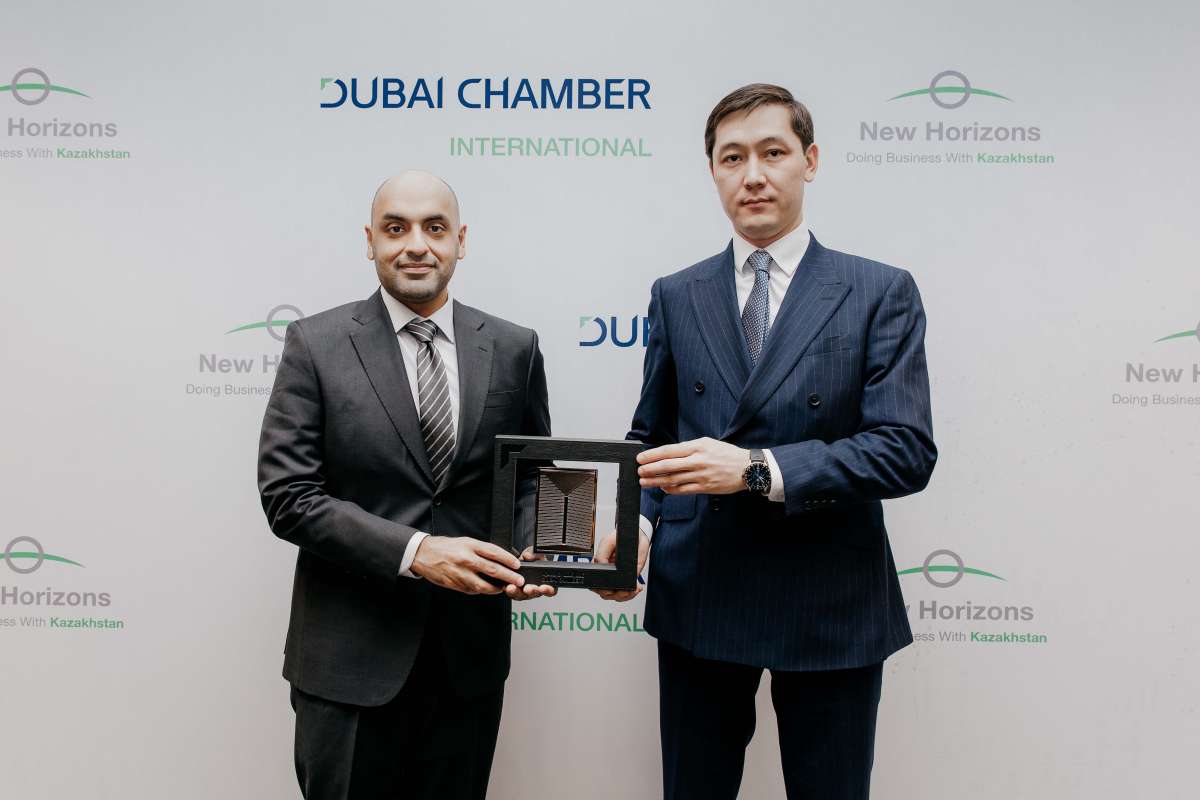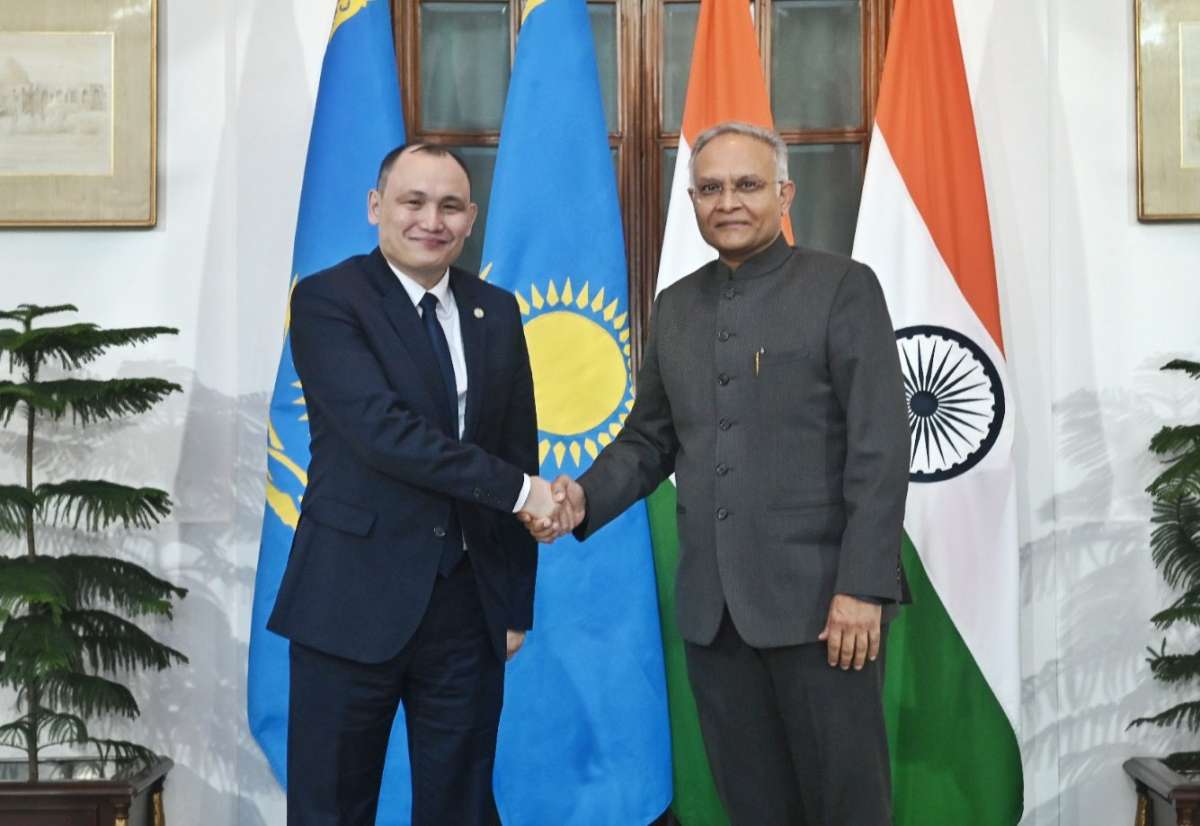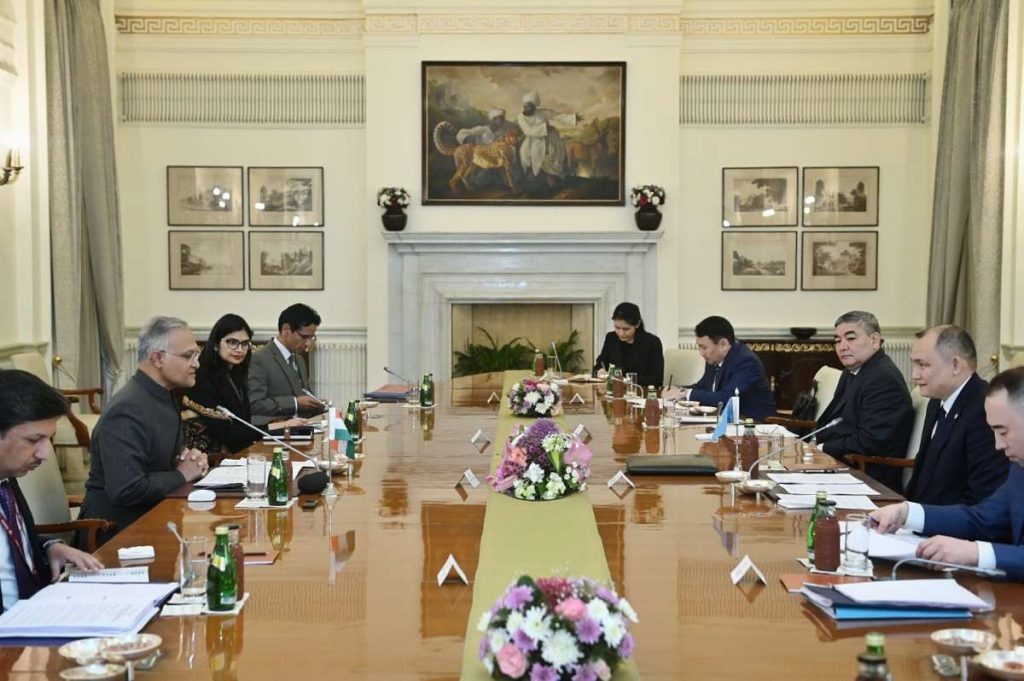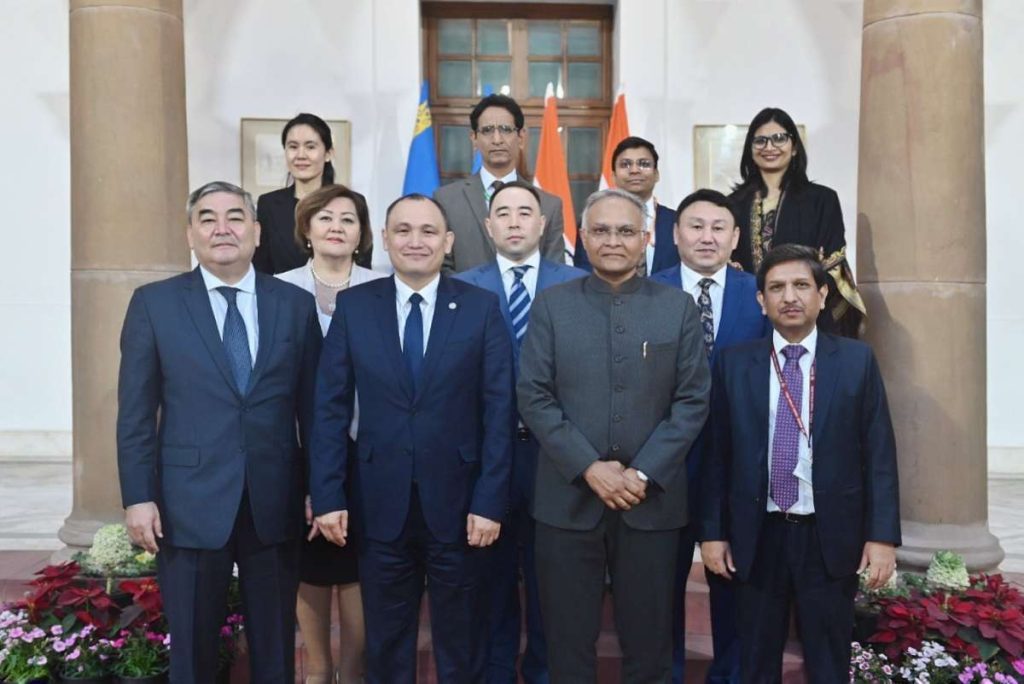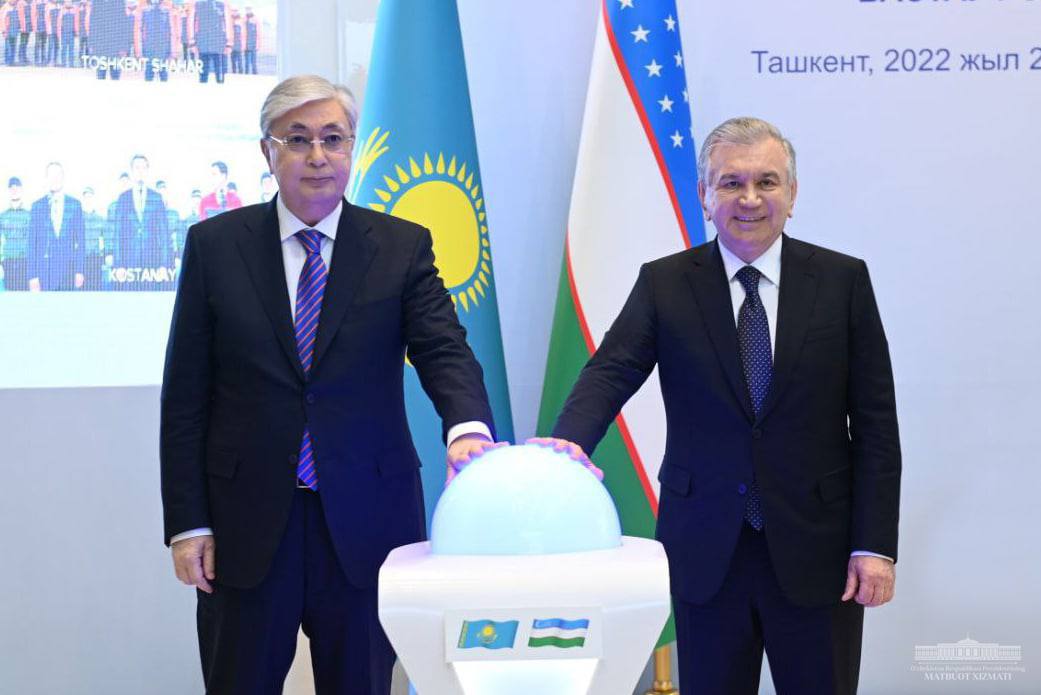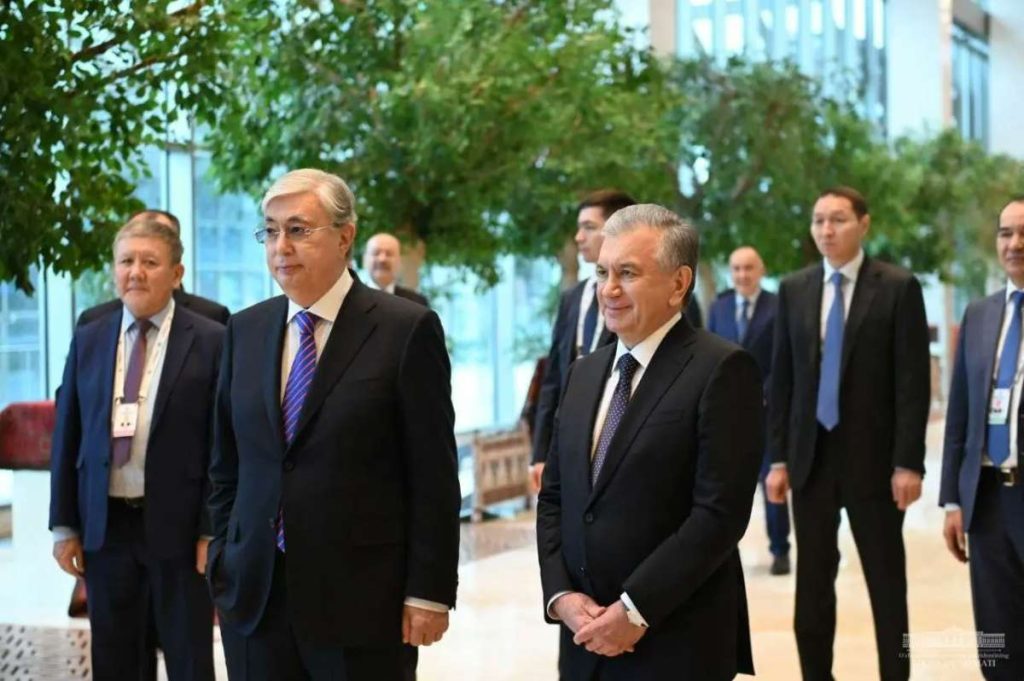Counting on Alatau, Kazakh authorities plan to replicate the success of business hubs like Dubai, Singapore, and Tianjin by creating favorable conditions and incentives for investments and commerce….writes Sergei Strokan
Less than two years after abrupt departure of its first president Nursultan Nazarbayev, known as elbasy or “father of all Kazakhs,” Kazakhstan, the largest state of the former Soviet Central Asia is abandoning old-style politics. Shedding its ineffective economic model, it is turning into a newly emerging democracy and regional economic power hub.
Showing the ambition to create the new face of Kazakhstan, which was largely seen as a mere post-Soviet autocracy and a country of laughable Borart in an award-winning Hollywood movie, Prime Minister Alikhan Smailov unveiled a plan to build a new city of Alatau which would serve as a business center of top international standards.
It is expected that the new business capital Alatau will increase the volume of trade and investment cooperation with China and Central Asian countries and enable Kazakhstan to launch a number of lucrative industrial and commercial projects while opening the window wide to advanced international experience in various industries.
Pinning high hopes on Alatau, Kazakh authorities say they will follow the experience of world business centers like Dubai, Singapore and Tianjin, providing conditions and incentives for attracting investments and doing business.
The new city will be erected on the site of the village of Zhetygen, located 50 kilometers North from the country’s old Soviet capital Alma-Ata. Currently, 20 thousand people live in the village which is geared to surprise the Eurasian region.
According to the development plan, the integrated city Alatau with a population of some 2.2 million will consist of four thematic areas: a business and financial center, an educational and medical hub, an innovative industrial and trade and logistics zone, and a tourist cluster.
The plan to build a new world-class business center came as a follow-up to the decision of the government of the Almaty region, taken this March, to create a Special Economic Zone (SEZ) with an area of 30 thousand hectares, which received the name “Alatau”. The Kazakh authorities reported that the SEZ “Alatau” would provide a favorable climate for attracting domestic and foreign investments.
In another development, on a recent visit to neighbouring Azerbaijan, Kazakhstan President of Kazakhstan Kassym-Jomart Tokayev said his country is ready to increase exports of its products to the countries of the UN Special Programme for the Economies of Central Asia (SPECA) worth $2.3 billion.
“Our countries have great opportunities for expanding trade and mutually beneficial cooperation. Already today we note the steady growth of trade turnover between Kazakhstan and the SPECA member countries. Last year, the volume of mutual trade increased by a third and amounted to about $10 billion. In the foreseeable future, we have every opportunity to double this indicator. We are able to provide each other with various goods at competitive prices, reducing imports from other countries. Kazakhstan is ready to increase exports of its products to SPECA countries for 175 non-primary commodity items worth $2.3 billion,” President Tokayev said.
According to the Kazakh leader, the creation of green corridors for business and the removal of various barriers will give a significant impetus to trade cooperation in such sectors as construction, chemical and food industries. “We are also ready to consider the promising proposals of our partners,” President Tokayev said.
The SPECA programme was established in 1998 with the aim of promoting the development of economic cooperation and integration of the countries of the region into the world economy. The member States of the program are Azerbaijan, Kazakhstan, Kyrgyzstan, Tajikistan, Turkmenistan, Uzbekistan and Afghanistan.
The new ambitions of Kazakhstan to emerge as a center of economic power are not seen as groundless. The mission of the International Monetary Fund, which visited the country at the end of November, gave a positive assessment of the liberal reforms implemented in the country. According to the IMF, the growth rate of Kazakhstan’s economy in 2023 will be 4.8%. Despite the global instability and decline, business activity in Kazakhstan continues to grow.
It is noteworthy that many of the recommendations of the IMF echo President Tokayev’s key-note address “The Economic course of a fair Kazakhstan”, made this September. The main idea of the new economic strategy is switching Kazakhstan, rich in natural resources, from dependence on extractive industries to developing processing industries and manufacturing sector.
To implement this task, the authorities of Kazakhstan intend to increase the attractiveness of the economy for large investors. In addition to that, a new Tax Code is expected to be adopted as part of the economic reforms implemented in the country.
After the start of Russia’s military operation in Ukraine in February last year, the leading European states intensified their efforts to make Kazakhstan cooperation with the European Union and gradually withdrawing from its strategic partnership with Russia.
French President Emmanuel Macron has recently thrown his hat into the race in the struggle for leadership on the post-Soviet space on the famous Zbignev Brzezinski chessboard. Early November the French leader went on a trip to Central Asia, with a visit to Kazakhstan becoming a key point. “Our task is to enhance our presence in this region, which is familiar to us and our American partners for a long time,” the press service of the Elysee Palace said.
The French delegation to Kazakhstan included the heads of 15 companies, including energy EDF, uranium mining Orano and Suez, which deals with water supply and sewerage system.
The main event of the visit was a meeting of the Kazakh-French business forum, which was attended by Presidents Macron and Tokayev. The dialogue did not start from scratch. The French business has long established itself in Kazakhstan, ranking eighth among its foreign partners. The volume of French investments in Kazakhstan has already exceeded $17 billion. There are about 170 enterprises with the participation of French capital working in the country, including such companies as Total, Airbus and Air Liquide.
In a wrap-up comment to the business forum, the press service of Kassym-Jomart Tokayev distributed a message stating: “The President outlined a number of promising areas for mutual cooperation. The energy sector is among the priorities. Kazakhstan remains one of the main suppliers of crude oil to the French market, and our country is ready to increase exports. In addition, there is great potential in the field of oil and gas exploration, uranium export, implementation of major projects in the field of wind, solar and hydropower.”
The uranium topic during the negotiations in Astana, perhaps, became the most intriguing for several reasons at once.
Firstly, Kazakhstan ranks first in the list of world uranium producers, providing more than a quarter of the nuclear fuel consumed in Europe. Given that the nuclear industry accounts for 63% of France’s energy sector, Paris’ interest in Kazakh uranium is obvious.
Secondly, France’s interest in Kazakh uranium is due to the uncertain prospects for Paris for obtaining uranium from Niger, a traditional supplier of France, which passed through a recent coup d’etat that could change a lot in the policy of this African country.
Meanwhile, just a week after President Macron trip, Russian President Vladimir Putin paid his own visit to Kazakhstan. His visit coincided with the 10th anniversary of the signing of the “Treaty on Good Neighborliness and Alliance in the XXI Century” between Kazakhstan and Russia. During his visit, Vladimir Putin called Kazakhstan “the closest of all Russia’s allies.”
The volume of trade between Russia and Kazakhstan reached $ 27 billion, at the end of eight months of this year — a record figure.
Over the past three years, the trade turnover has increased by more than 30%, and almost two years out of that time was the period of Russia’s military operation in Ukraine and the war of sanctions which were not followed by Kazakhstan.
Moscow and Astana are implementing 143 projects in the field of industrial cooperation worth over $ 33 billion, while Russia remains the leader in the number of enterprises with foreign capital in Kazakhstan. More than 20 thousand Russian companies are registered in the country.
In turn, the Kazakh authorities make it clear that the painful dilemma “Russia or the West” doesn’t exist for them. In pursuing its present-day sovereign policy, Astana rather intends to focus on the interests of its national business not allowing rivalry centers of power to involve itself in “friendship against” or in a zero-sum game.
(India Narrative)

